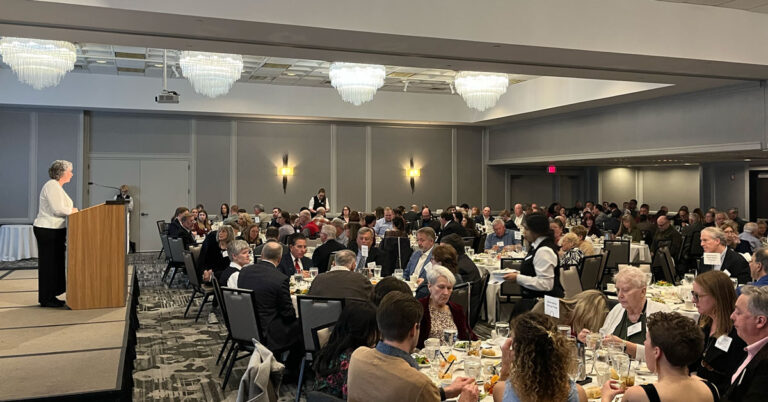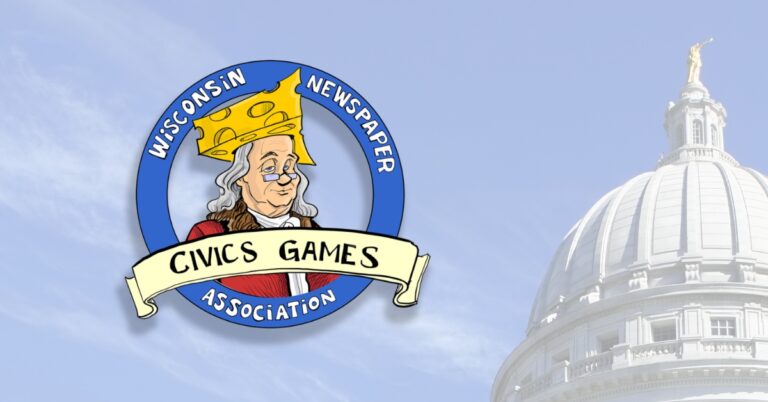By Sid Schwartz, Editor, The Gazette, Janesville, Wis.
When has the work of journalists been more important?
Was it 50 years ago, when America’s inner cities were burning and the Pentagon was hiding the scope and nature of the war in Vietnam?
Or 100 years ago, when the administration of President Woodrow Wilson was muzzling newspapers and churning out propaganda in support of the nation’s involvement in what would become known as World War I?
Or now, when falsehoods metastasize through social media, foreign governments attempt to subvert our elections, citizens insulate themselves from opposing viewpoints and the president derides as “fake news” the information he doesn’t like and calls news media the “enemy of the people?”

It’s not difficult to make the case that it’s more important now than ever that journalists offer unvarnished facts about important issues after asking hard questions.
But now, the time when journalism is needed most, is when journalism is under duress like never before.
The number of people in newspaper newsrooms has dropped by nearly half since 2006, according to journalism.org.
The president has launched a frontal assault on journalism, and his words have had an impact on his followers. A recent poll indicates 43 percent of Republicans believe President Donald Trump should “have the authority to close news outlets engaged in bad behavior.”
Meanwhile, long-developing problems presented by social media continue to fester.
Facebook and Twitter muddy the information waters. They appeal to people who want to read, hear and see only information with which they agree. And social media are vulnerable to manipulation.
President Trump turns to Twitter to deliver what often is misinformation to millions of followers, bypassing the filter of journalists asking, “Is this true?”
Foreign governments have attempted to influence our elections by spreading lies through social media, a scheme that doesn’t work through traditional media staffed by skeptical, fact-checking journalists.
The fourth estate has been a check on the power of government since the Bill of Rights was penned. Thomas Jefferson famously wrote that if it were left to him to decide whether we should have a government without newspapers or newspapers without a government, “I should not hesitate a moment to prefer the latter.”
Now, when facts are increasingly perceived as optional and bad information clogs the internet, we need journalists asking questions, cutting through propaganda and offering fair and balanced reports.
Our republic depends on it.



